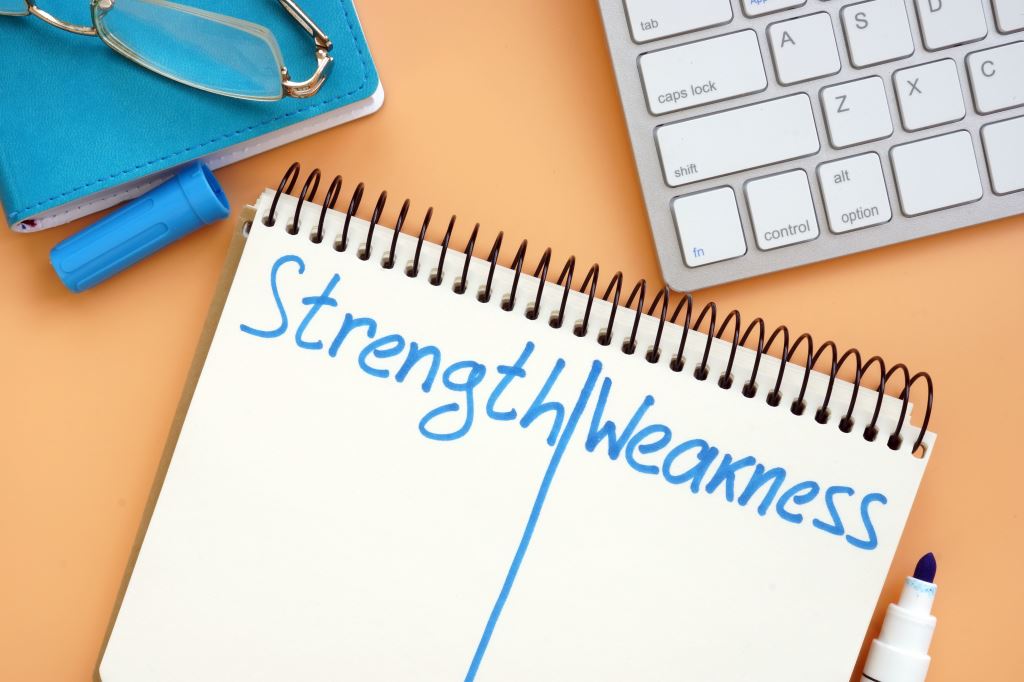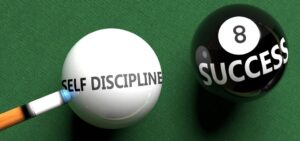As a lifelong Girl Scout, their motto, “Be Prepared” was drummed into my head from age 7. I have found there is no better career advice, than to be prepared. For instance, when I am coaching female presenters, the warning is to be prepared to present without your PowerPoint; be prepared to present to half or double the audience you were told to expect; be prepared to cut your presentation time in half or double it! You get the idea. Recently, I got caught being unprepared! I was doing a pro bono presentation and did not plan to sell books, so I had none with me. Several people afterwards asked if they could buy one of my books and I had to send them to my website or Amazon. Luckily, they all followed through but the chances were not good. It’s the whole out of site out of mind mindset. I won’t be caught unprepared like that again.
Let’s look at five categories that are essential areas in which to be prepared:
- Workplace basics: Leadership guru John Maxwell says, “Prepare Don’t Repair”! It’s so much easier to prepare to protect your reputation than to try to repair your reputation. Are you coming in every day on time? Are you constantly running late, realizing that when you arrive you’ve forgotten important items? Starting the day feeling and looking frazzled is not smart for your career. Do you look like you just rolled out of bed? Does your hair look like it’s never met a brush? Do your clothes look wrinkled and stained? This sounds so basic but it’s easy to let the basics slide.
Are you mentally and emotionally prepared for your day? We all deal with “stuff” in our lives but the smart career woman does everything she can to leave these mental and emotional issues at the door. Make sure you check Kay’s Corner for some specific ways to have this mental and emotional preparation. - Your Day: You are not prepared for you day unless you plan your day. There will always be emergencies that pop up and you are smart to plan in time for urgent items that you have no control over. When you plan depends on your peak and low energy times. I always have tomorrow’s plan by the end of the day. I can’t relax until I know what tomorrow holds. The next morning I likely know what may need to be added or deleted. I admit my greatest challenge to preparation is procrastination. I will be working on managing this trait until I die! The greatest tool I have in combating procrastination is my history. Every time I think of the things that would have completely derailed a speaking engagement or any other business task, it motivates me to tackle the task early. I am preparing this newsletter NOW because I do not want to be working on it while we are on our annual chalet trip. Historically, the newsletter due date falls during this trip and I remember procrastinating on the blog and having to work on it over vacation. I get cranky with myself and it’s my own darn fault! That history is a strong motivator for me.
- Opportunities: Sometimes the best opportunities come before you when you least expect it. Perhaps a friend knows you are seeking a new position and calls you out of the blue with news that her company has just posted a job that is perfect for you. Can you jump on it? You can if you always have a resume that is up to date. A fresh resume is a key preparation component, even if you are not looking for a new job. Maybe you will want to keep a jacket in the trunk of your car, that’s preparation. Imagine your current job dress code is rather casual but this same friend texts asking, ”Could you jump on a Teams interview in an hour?” Jog down to your car, grab the jacket, take ten deep breaths and do the interview. That’s preparation.
- Meetings: It’s essential that you are prepared for your meetings. Here are a few things to prepare: Read the agenda and prepare one pithy/insightful question; bring one new idea to present; scout out who the “players” will be at this meeting; and determine a “player” you may want to have a meeting with before the meeting.
- Networking: How do you prepare before a networking event? Determine your key objective for attending. If it is a new group for you, perhaps the objective is to ask questions to determine whether this group is a good fit for you. Determine at least two attendees you want to meet (if you can see who will be at this event). Go armed with plenty of business cards or download the HiHello app, a digital business card.
Start brainstorming what it means to be prepared in your workplace, in your industry, with your strengths and foibles. Be the best Girl Scout you can be! Be prepared!
Are you always playing catch up? Do you know what that’s all about for you? If it seems this and other behaviors are standing in the way of your workplace success, we need to talk. One of my super powers is seeing in others what they don’t see in themselves. High-Heeled Success offers complimentary 45-minute telephone consulting. Email Kay@highheeledsuccess.com or call (513) 561-4288 to set a time for us to talk.







